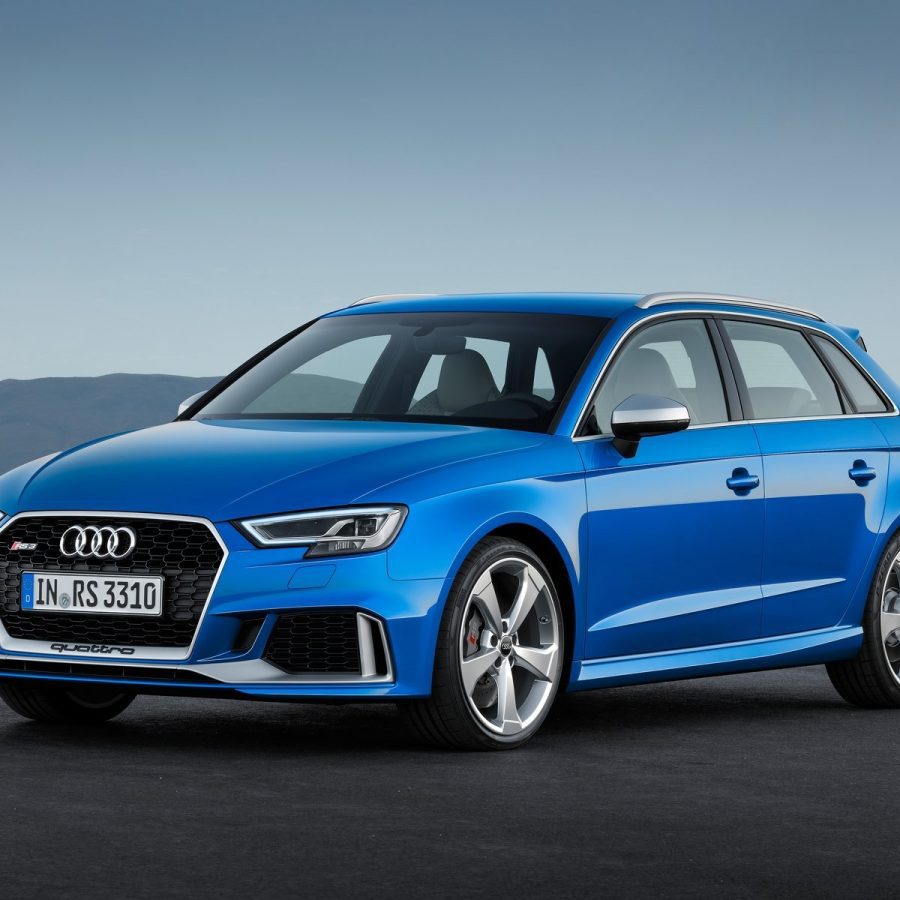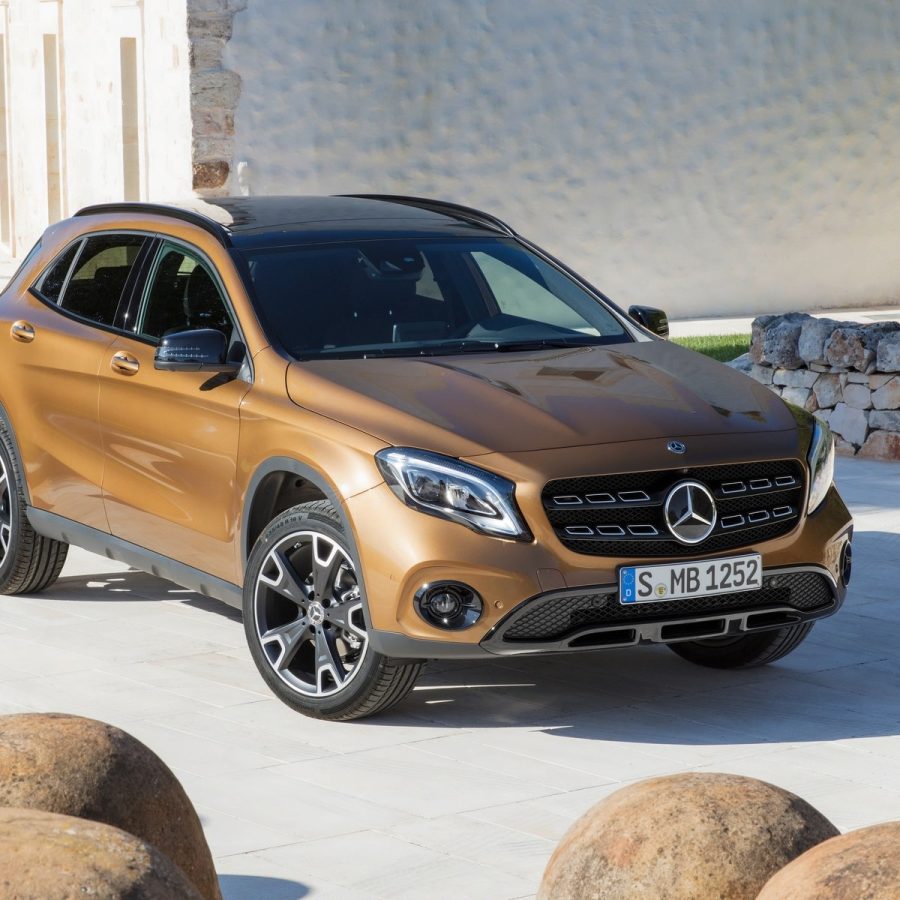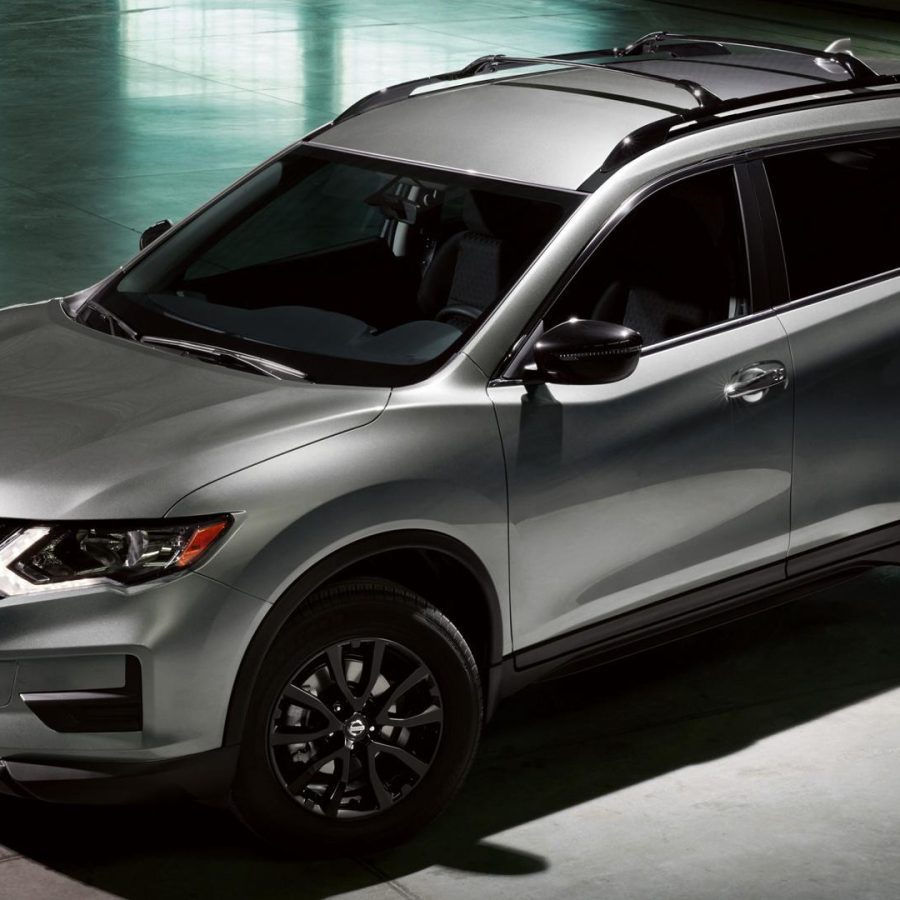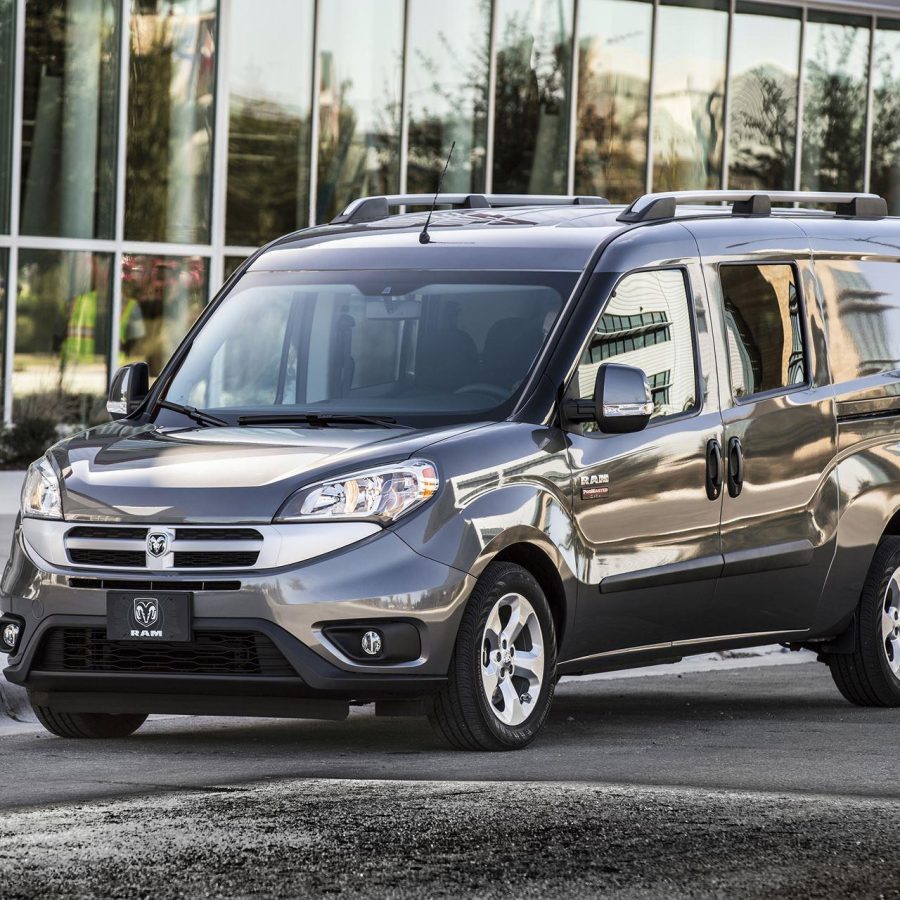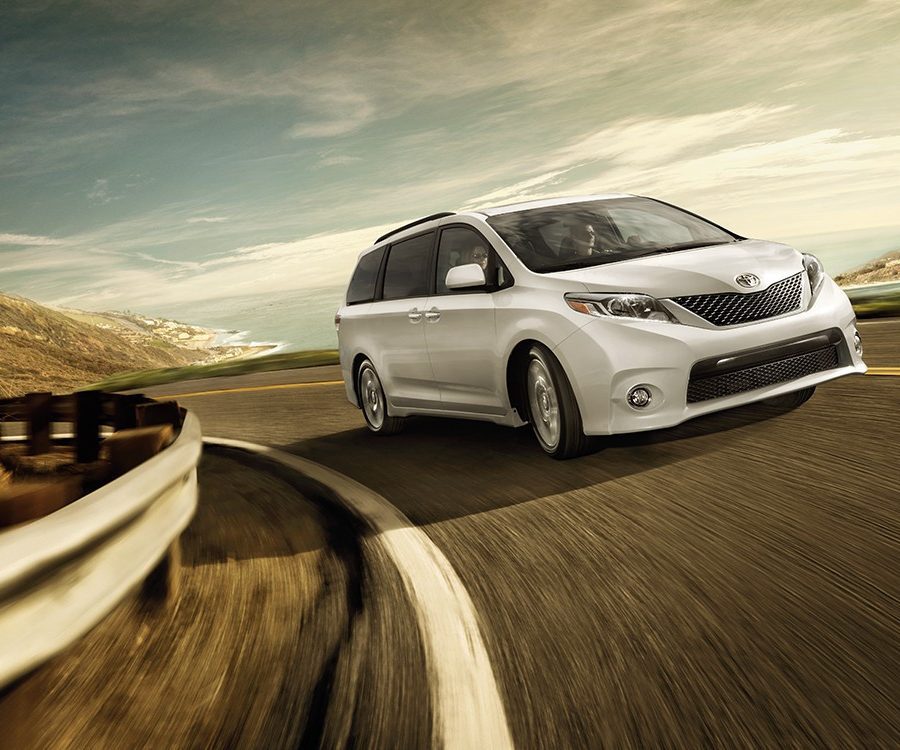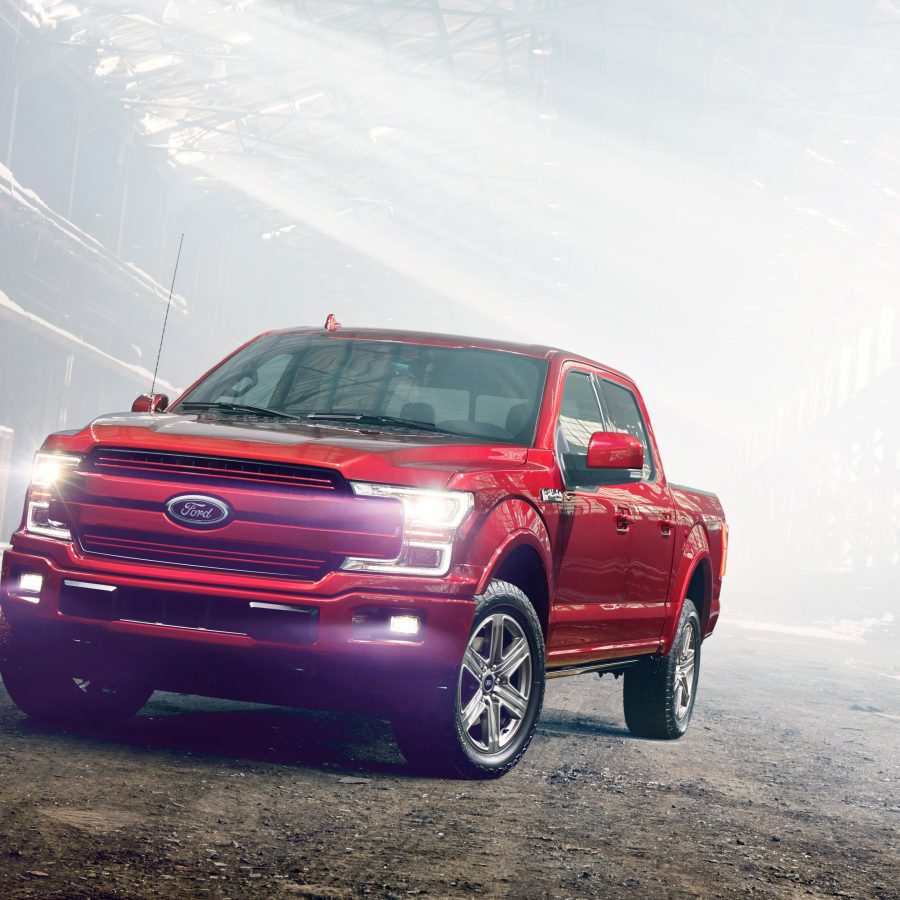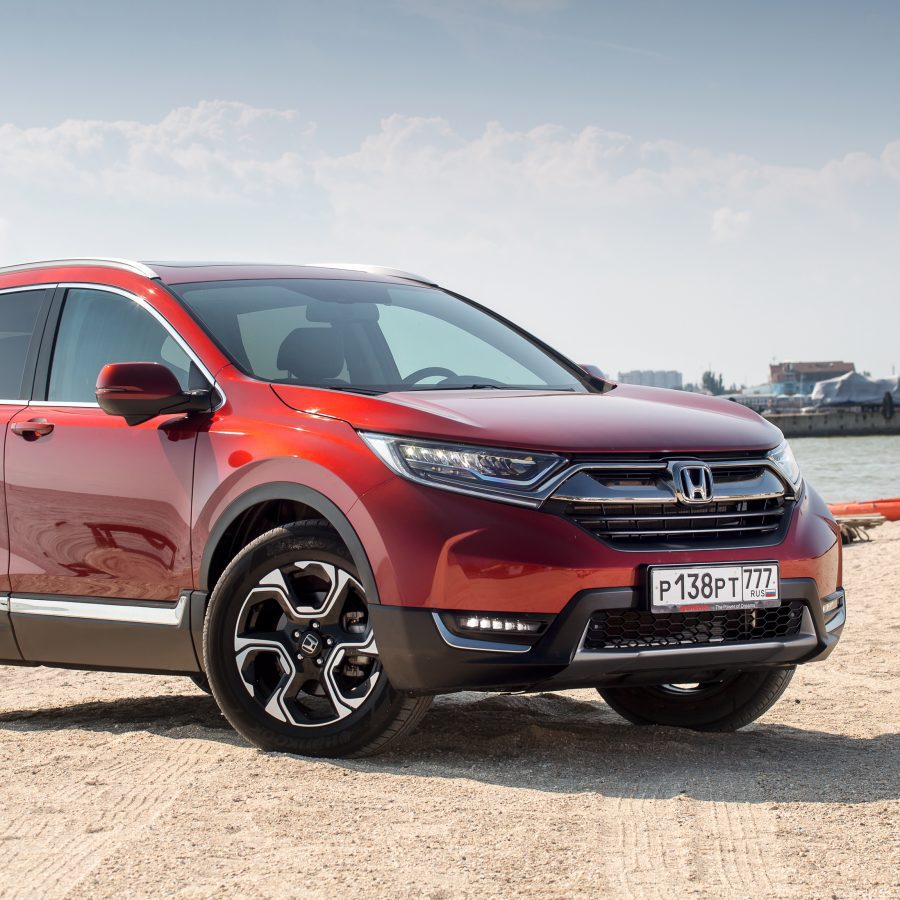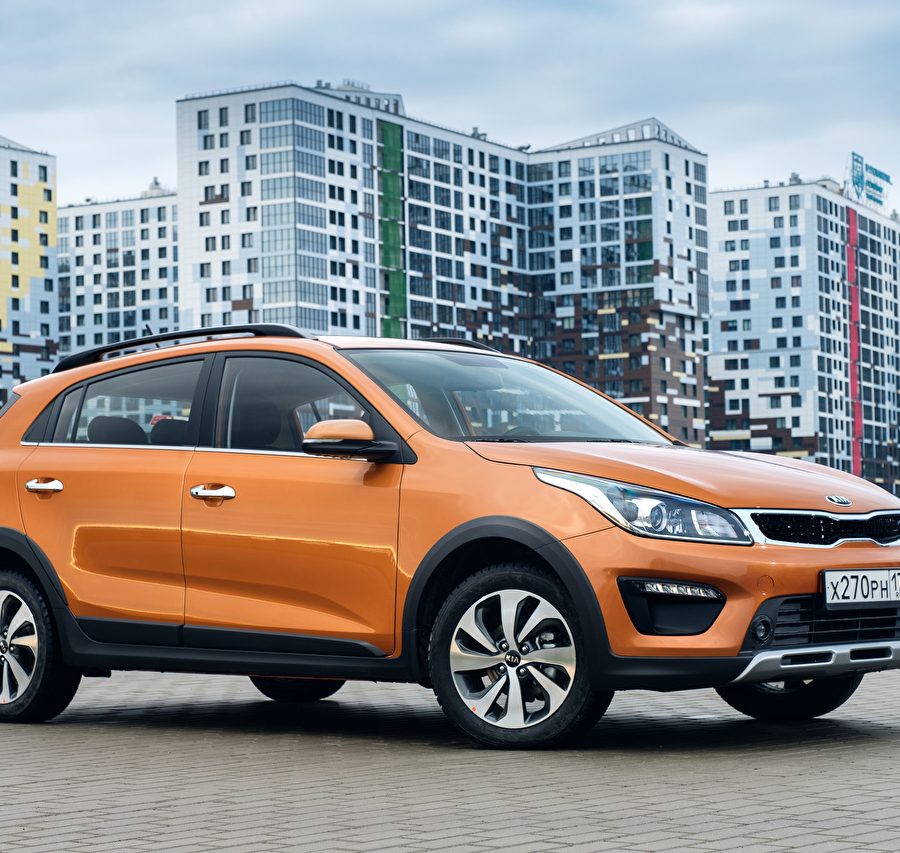2018 Canada Automotive Sales Research
The Canadian automotive market in 2018 exhibited several prominent trends that were both a continuation of previous patterns and reactions to new global and local influences. After five consecutive record years, 2018 brought a slight decline in total new vehicle sales. This indicated that the market might be reaching a saturation point after several years of consistent growth. The market's tilt towards SUVs, crossovers, and trucks persisted. These vehicles continued to attract consumers due to their versatility, driving position, and suitability for varied Canadian terrains and weather. Although the broader Canadian economy remained relatively stable in 2018, there were emerging concerns about potential headwinds, including trade tensions (notably around NAFTA negotiations) and fluctuating oil prices, which could impact specific regions like Alberta. The market share for compact cars continued to decrease, although stalwarts like the Honda Civic remained popular. The overall trend, however, was clearly towards larger vehicles. High-end brands continued to capture the interest of Canadians. Brands like Tesla, with their Model 3, began making more significant inroads into the Canadian market, highlighting a combination of luxury and electrification. Electric vehicles (EVs) and plug-in hybrids continued their growth trajectory, driven by governmental incentives, especially in provinces like Quebec and Ontario, improved charging infrastructure, and the introduction of more models with extended ranges.


